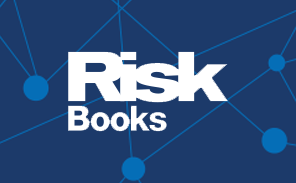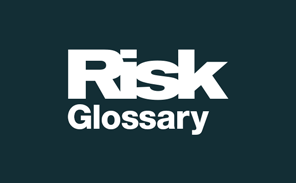Machine learning applications in finance
View AgendaKey reasons to attend
- Learn to effectively integrate data science into a business
- Acquire the skills to improve accuracy and effectiveness of models
- Explore supervised and unsupervised learning
Customised solutions
Does your team require a tailored learning solution on this or any other topic?
Working with the portfolio of expert tutors and Risk.net’s editorial team, we can develop and deliver a customised learning to make the most impact for your team, from initial assessment to final review.
About the course
This interactive learning event brings together an industry expert and course participants to focus on the intersection between machine learning and finance. Participants will discover the many applications of novel machine learning methods in risk management, focusing primarily on supervised learning models, neural nets and deep learning.
Learn best practices for the integration of data science into a financial institution through active discussion and Q&As. Frequent challenges will be addressed regarding anomaly detection, lack of AI explainability and classifying a highly imbalanced dataset. Participants will come away with the necessary knowledge to measure the performance of machine learning models used for effective risk management.
A basic understanding of statistics and data manipulation is required for participation in this event.
Pricing options:
- Early-bird rate: save up to $800 per person by booking in advance (refer to the booking section for the deadline)
- 3-for-2 rate: save over $2,000 by booking a group of three attendees (applicable to this course)
- Subscriber reward: save 30% off the standard rate if you are a Risk.net subscriber (use code SUB30)
- Season tickets: save over $1,000 per person by booking 10 or more tickets (available on selection of courses)
*The 30% subscriber reward discount is applicable only to current Risk.net subscribers. If this criteria is not met, we reserve the right to cancel the booking and issue an invoice for the correct rate. Discounts cannot be applied to already registered participants.
Learning objectives
- Explore the fundamental components of machine learning
- Discover the necessity of explainable artificial intelligence (AI) for accountability
- Learn about anomaly detection in machine learning to mitigate risks
- Gain insights into leveraging AI in financial forecasting with neural nets
- Consider the potential of reinforcement learning in risk management
- Discover key considerations for accurate predictive models
Who should attend
Relevant departments may include but are not limited to:
- Machine learning
- Risk management
- Portfolio management
- Data science
- Financial engineering
- Quantitative analytics
- Quantitative modelling
Agenda
June 11–13, 2024
Live online. Timezones: Emea/Apac
Sessions:
- Introduction to machine learning and financial applications
- Supervised learning models
- Applying machine learning methods in risk management
- Neural nets and deep learning
- Unsupervised methods and reinforcement learning
- Anomaly detection
- Explainability in machine learning
- Explainable artificial intelligence (AI) in finance
- Implementing ML models
Tutors

Federico Crecchi
Associate Partner and co-head of the data science practice
Prometeia
Federico is an associate partner and the co-head of the data science practice at Prometeia, specializing in banking analytics. He holds an M.Sc. from the University of Chicago in Physics and is a CFA charterholder. Before joining Prometeia, he worked for the Generali Group in investments and data science. Federico has successfully overseen numerous AI projects within complex institutions, spanning areas such as risk analytics, CRM enhancement, fraud analytics, and intelligent process automation.

Valerio Consorti
Principal Data Scientist
Prometeia
Valerio is a principal data scientist in Prometeia. He holds a PhD from Albert-Ludwigs-Universität (Germany). Before joining Prometeia he worked as researcher at the CERN International Laboratories (Switzerland) and as a data science R&D manager in Generali Group. He is lecturer of the Data Science course at the “Master in High Performance Computing” (Italy) sponsored by the international research institutes SISSA and ICTP. In Prometeia he leads and implement innovative projects leveraging AI techniques with focus on risk management in the banking sector.
Accreditation
This course is CPD (Continued Professional Development) accredited. One credit is awarded for every hour of learning at the event.
Pre-reading materials
The Risk.net resources below have been selected to enhance your learning experience:
- Model risk management is evolving: regulation, volatility, machine learning and AI
- BloombergGPT: Terminal giant enters the LLM race
- Explainable artificial intelligence for credit scoring in banking
- Regtech, Suptech and Beyond: Innovation in Financial Services
- Data Science in Economics and Finance for Decision Makers
A Risk.net subscription will provide you access to these articles. Alternatively, register for free to read two news articles a month.



